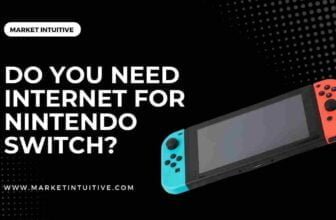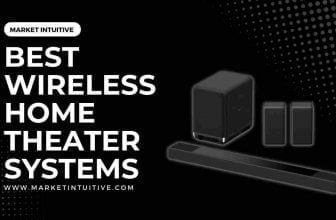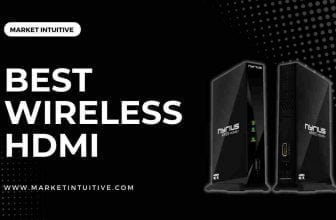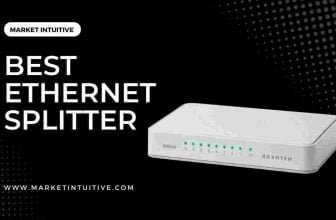What Broadband Speed Do I Need In The UK: Secrets Behind It
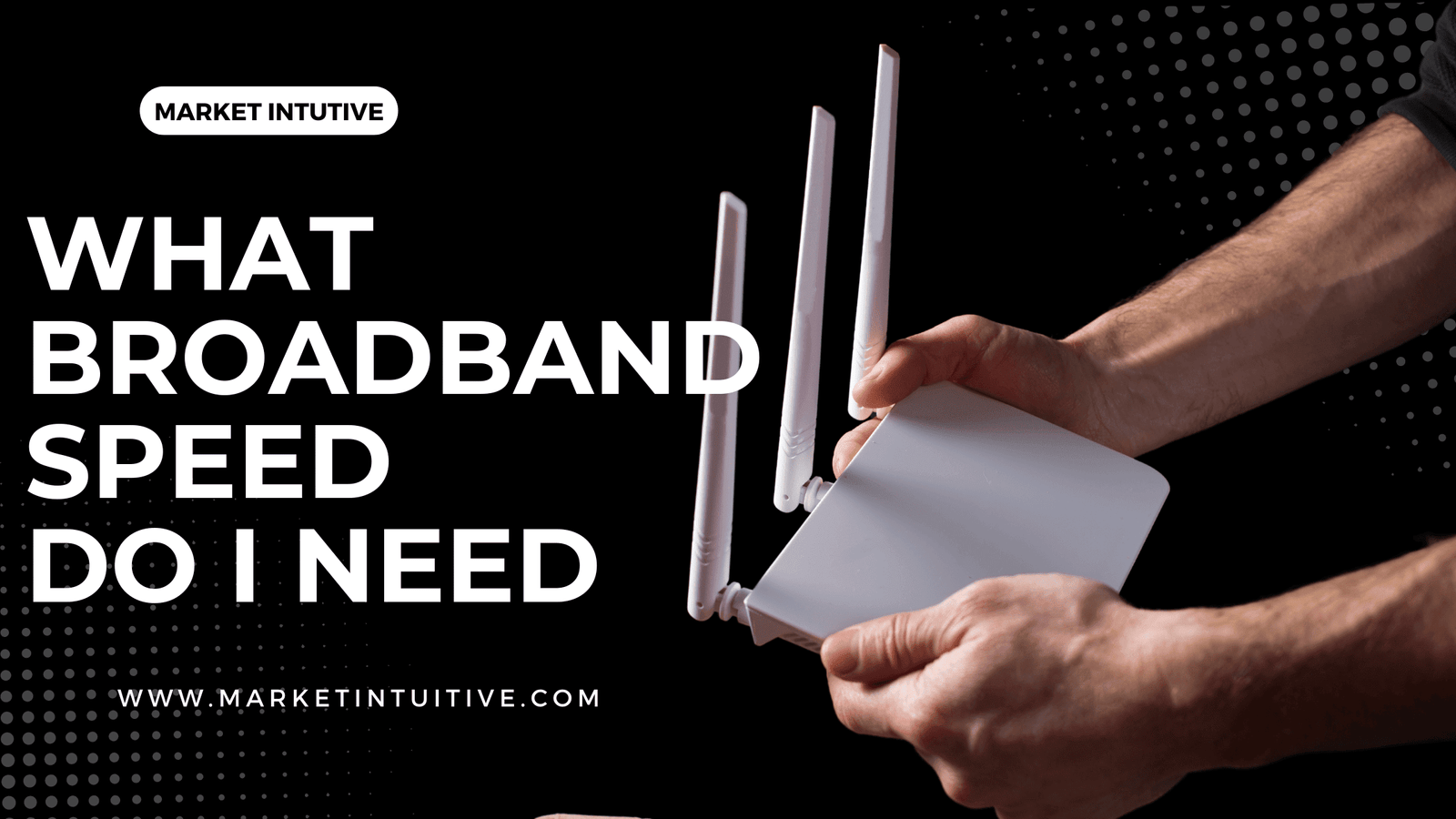
Do you ever feel like your internet could be running faster? Need help streaming movies or downloading music? It could be because you’re not getting the right broadband speed for your needs. Understanding what broadband speed do I need can be daunting – do you need a faster speed, or is your current speed enough?
How do you know what’s best for you? This article will make you better understand what broadband speed do I need to make an informed decision. I will discuss how to measure your current speed and tips for choosing the right speed for your needs. So, let’s get started!
What Broadband Speed Do I Need: Introduction
Broadband speed in the UK pertains to data transfer velocity through an internet connection. It plays a great role in shaping the quality of online activities like web browsing, video streaming, online gaming, and file transfers. The measurement of broadband speeds is expressed in megabits per second or gigabits per second.
Higher speeds result in faster data transfer and improved streaming quality. However, many individuals require assistance determining the most suitable broadband speed for their family’s needs. Consequently, they seek guidance in selecting a broadband plan that offers superior internet speed to fulfill their requirements.
Opting for the appropriate broadband speed guarantees a seamless and gratifying online experience that aligns with your requirements.
What Broadband Speed Do I Need: Factors To Consider When Choosing Broadband Speed

You should consider these factors while choosing broadband speed:
- Number of users and devices – Consider the number of people concurrently using the internet in your household and the number of connected devices. More users and devices require higher speeds to handle the heightened demand and prevent performance slowdowns.
- Types of online activities – Assess the characteristics of your online activities. Suppose you participate in data-intensive tasks such as streaming HD content, engaging in online gaming, or conducting large file transfers. In that case, faster speeds are essential to facilitate these activities seamlessly, minimising buffering and lag.
- Peak usage times – Identify when your household encounters elevated internet usage. Network congestion can arise during these peak times, leading to speed reduction. Opting for a higher speed package guarantees a more reliable performance, even during periods of high usage, ensuring consistent connectivity.
- Future-proofing your connection – Anticipate your future requirements and contemplate choosing a broadband speed that can adapt to your evolving needs. With technology advancements & the emergence of new applications, faster speeds may become necessary. It is prudent to select a speed that allows for potential growth, providing ample headroom to accommodate future demands and minimising the need for frequent upgrades.
What Broadband Speed Do I Need: Broadband Speed Requirements For Common Online Activities
Here are the minimum speed requirements for common online activities:
- Browsing and email – 10 Mbps speed
- Streaming video and music – 40 Mbps speed
- Online gaming – 100 Mbps speed
- Video conferencing – 250 Mbps speed
- Large file downloads and uploads – 900 Mbps speed
It is beneficial to evaluate your existing internet speed. You can test your internet speed by going to the website speedtest.net.
What Broadband Speed Do I Need: Broadband Speed Options In The UK
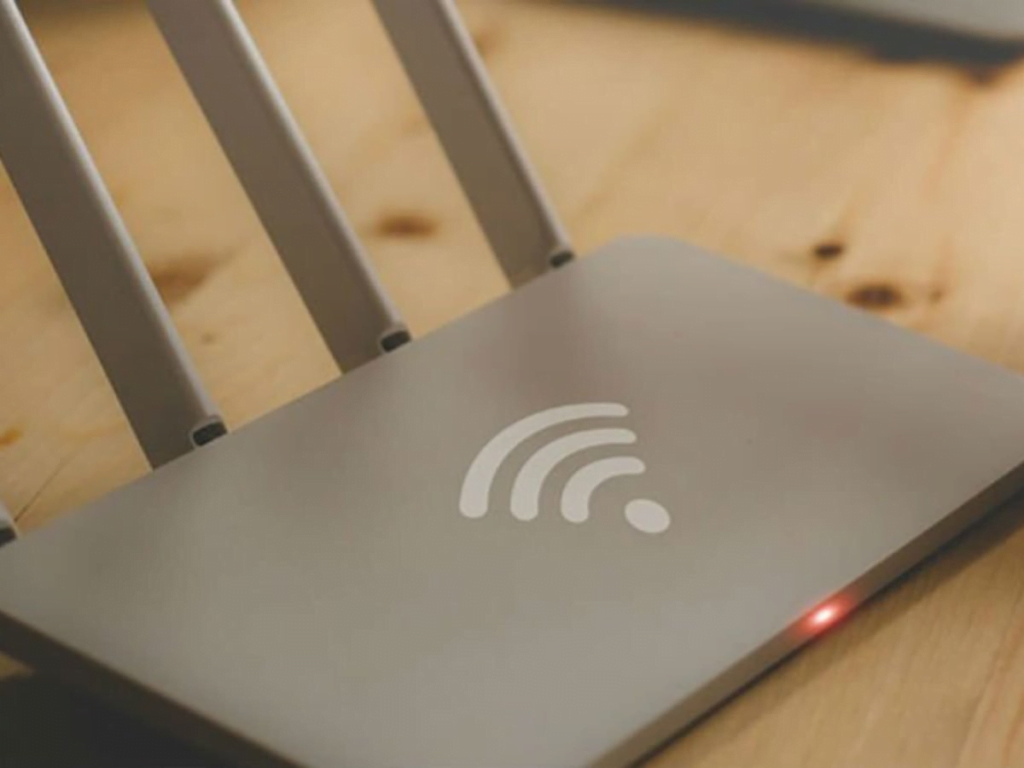
Here are the broadband speed options in the UK:
- ADSL – ADSL utilises the existing copper telephone lines to establish internet connectivity. It provides moderate speeds, typically with download speeds ranging from 2 Mbps to 24 Mbps.
- Fibre-to-the-cabinet (FTTC) – FTTC includes the installation of fibre optic cables from the telephone exchange to the street cabinet. Subsequently, copper cables are used for the final connection to the premises. The download speeds for FTTC can vary, typically ranging from 30 Mbps to 80 Mbps, depending on the proximity of the street cabinet to the premises.
- Fibre-to-the-premises (FTTP) – FTTP utilises fibre optic cables directly connected to the premises, eliminating the need for copper cables. FTTP can offer download speeds ranging from 100 Mbps to over 1 Gbps, depending on the chosen package and network availability.
- Cable broadband – Cable broadband operates through its dedicated fibre optic network, independent of traditional telephone lines. It provides high-speed internet access, typically offering download speeds that range from 50 Mbps to 500 Mbps, depending on the selected package.
- Satellite broadband – Satellite broadband necessitates the installation of a satellite dish at your location to receive internet signals transmitted from satellites in space. The speeds of satellite broadband can vary but typically fall within 10 Mbps to 100 Mbps, contingent upon the chosen service provider and package.
What Broadband Speed Do I Need: How To Determine Your Ideal Broadband Speed
You can determine your ideal broadband speed by following these steps:
Assess your current and future usage
Consider your present internet usage patterns and project how they might evolve. Assess the number of users, types of online activities, and the number of connected devices. This evaluation will provide insight into the bandwidth needs of your household.
Calculate the speed requirements for your household
Based on the evaluation of your usage, identify the minimum download and upload speeds required. For instance, if your household involves multiple users engaged in simultaneous HD video streaming, online gaming, and file transfers, higher speeds will be necessary to support these activities without encountering interruptions.
Compare broadband packages and providers
Conduct thorough research on various broadband packages offered in your locality, comparing their speed options, pricing, and customer reviews. Verify if the providers offer the speeds that align with your calculated requirements for your household.
What Broadband Speed Do I Need: Tips For Optimising Your Broadband Speed

Here are the tips for optimising your broadband speed:
Router placement and settings
Ensure optimal router placement by positioning it in a central location, free from any obstructions or sources of interference. Place it at an elevated position and ensure that thick walls or objects do not obstruct the signal strength.
Furthermore, regularly check for firmware updates and explore the router settings for the manufacturer’s optimization options.
Wired connections vs. WiFi
Whenever feasible, prioritise wired connections over relying exclusively on WiFi. Ethernet cables offer a more stable and faster connection, particularly for bandwidth-intensive activities such as gaming or large file transfers.
If you use WiFi, ensure you operate on a less congested channel and contemplate using WiFi extenders or mesh systems to enhance coverage throughout your space.
Regular speed tests and monitoring
Regularly perform speed tests using online speed testing tools. This practice allows you to monitor your broadband speed and identify possible issues.
If you consistently experience low speeds, contact your internet service provider to investigate and resolve the problem.
Similar Tutorials Types to Check Out
- Comparing The 10 Best Broadband Providers In The UK: Do you need a reliable broadband provider to offer fast and reliable service? Ensure that you get the fast speeds and the highest quality of service. Today, I will discuss the best broadband providers in the UK
- 5 Best Broadband And Anytime Calls Package: The Broadband and Anytime Calls package offers the ideal combination of value and flexibility, so you don’t have to worry about being disconnected. Today, I will discuss the best broadband and anytime calls package
- 5 Best MiFi Deals That Suit Your Needs (Don’t Miss Out): Are you looking for the best MiFi deals? I’ve rounded up some of the best MiFi deals, so you can get the perfect device to suit your needs
- 5 Best Dongle Deals You Don’t Wanna Miss Out: Are you looking for the best dongle deals? Dongles are a great way to stay connected to the internet. In this article, you’ll explore the best dongle deals
FAQs (Frequently Asked Questions) On What Broadband Speed Do I Need
1. What is the ideal broadband speed for home use?
A 25 Mbps or higher download rate is usually adequate for most online activities. If more than 1 person lives in the household, go for a minimum speed of 40 Mbps. If you enjoy streaming Ultra HD content, it is advisable to have a faster connection.
2. Is 50 Mbps fast enough for Netflix?
If you like streaming Netflix, choose a plan with at least 50 Mbps download speed. This will allow multiple devices to connect online without experiencing slow download speeds.
3. Is 100 Mbps fast enough for Netflix?
Even if many people use the same network to stream movies or programs to their gadgets, 100 Mbps should be adequate to prevent buffering problems. For instance, Netflix requires a minimum of 5 Mbps for viewing HD videos and 15 Mbps for watching 4K/Ultra HD videos.
Conclusion: What Broadband Speed Do I Need
An individual requires 10 Mbps bandwidth for web access. If they watch 4K videos or play online games, this figure doubles to 20 Mbps bandwidth.
In the UK, a decent internet speed is usually 70 Mbps, although the current average download speed across the country is 50.4 Mbps.
The usual rate of a standard broadband connection is around 11 Mbps, while fibre optic broadband connections generally have speed levels between 30 Mbps and 80 Mbps. Ultrafast fibre optic connections can reach a maximum of 1 Gbps (1000 Mbps).
I hope this article on what broadband speed do I need sounds helpful! Thank you!



